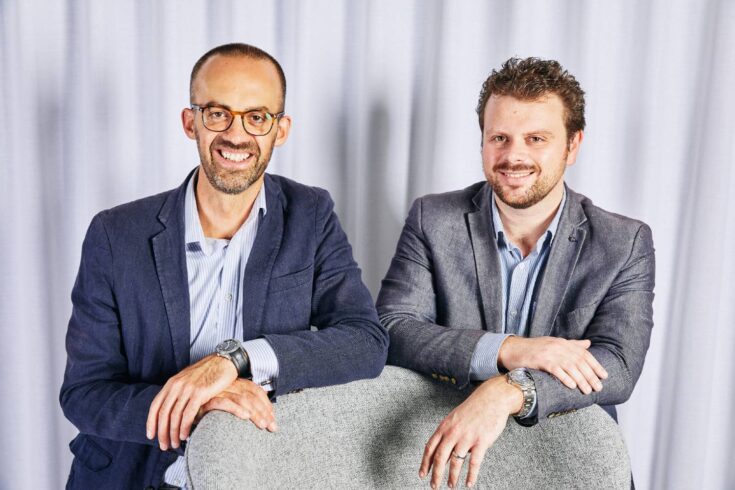Currently, hospital staff have to manually transfer that data from internal systems, including patients’ electronic health records (EHR), to the system used by pharmaceutical companies: electronic data capture (EDC).
It’s an inefficient and costly process that slows down studies and introduces transcription errors, creating the need for another inefficient and costly process to fix those errors.
Dan Hydes, CEO and co-founder at IgniteData, said:
Hospitals all around the world have highly-trained and expensive staff, such as doctors, research managers and PhD students, consuming inordinate amounts of time manually transcribing data. And human beings create errors: errors that have to be fixed by monitoring.
An important part of that monitoring process is called source data verification (SDV), which increases the cost of each clinical study by 15-20%. Therefore, using software to automate the transfer process potentially eliminates the need for SDV, generating huge cost savings.
Dan said:
If you are piping accurate data from one system to another, there’s no need to go back to check for errors. Theoretically you can get to 0% SDV, and that is something that applies to virtually every clinical study globally.
About the project
Supported by UK Research and Innovation’s Medicines Manufacturing challenge, IgniteData built Archer, a cloud-based application that sits within the EHR at hospitals. Archer finds, imports, interprets and transfers clinical data directly to the EDC.
This shift to a digital process is hugely beneficial to hospitals, medical staff, pharmaceutical companies and society in general.
Dan explained:
It has the potential to impact research in a massive way. Because it’s helping to run clinical studies faster, it means drugs get to patients faster.
Archer makes hospitals more efficient and attractive places to conduct clinical research. And because the process is so much faster and leaner, it enables hospitals to run more studies than they previously could with the same resource.
Impacts of the project
The 18-month project started in 2019, when IgniteData secured Digital Health Technology Catalyst funding.
Interest in the software soon grew, with AstraZeneca becoming a partner.
Archer is currently being integrated at three large NHS hospitals.
On the successful completion of these initial deployments, AstraZeneca will begin rolling it out across more of its clinical studies globally. Several other major research sites and global pharmaceutical companies are currently building partnerships with IgniteData.
Top image: Left: Dan Hydes, CEO and co-founder at IgniteData, right: Richard Yeatman, CTO and co-founder. Credit: IgniteData

